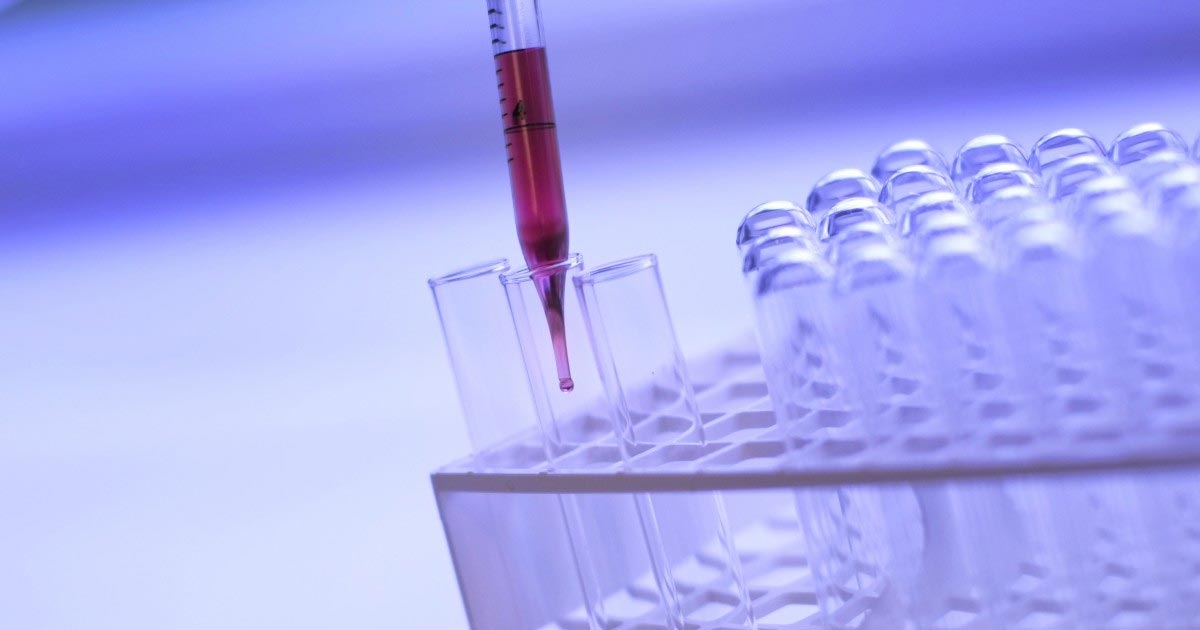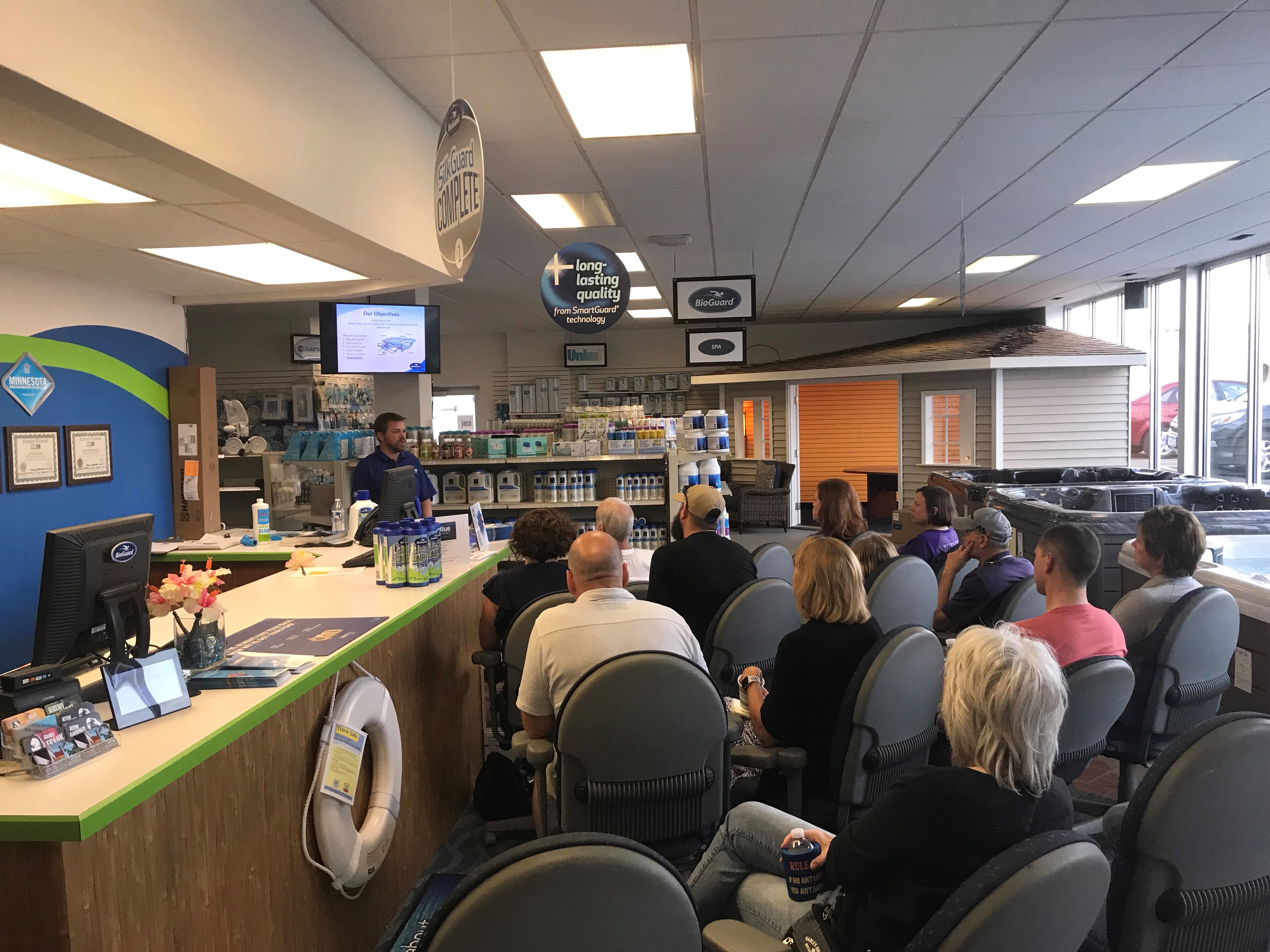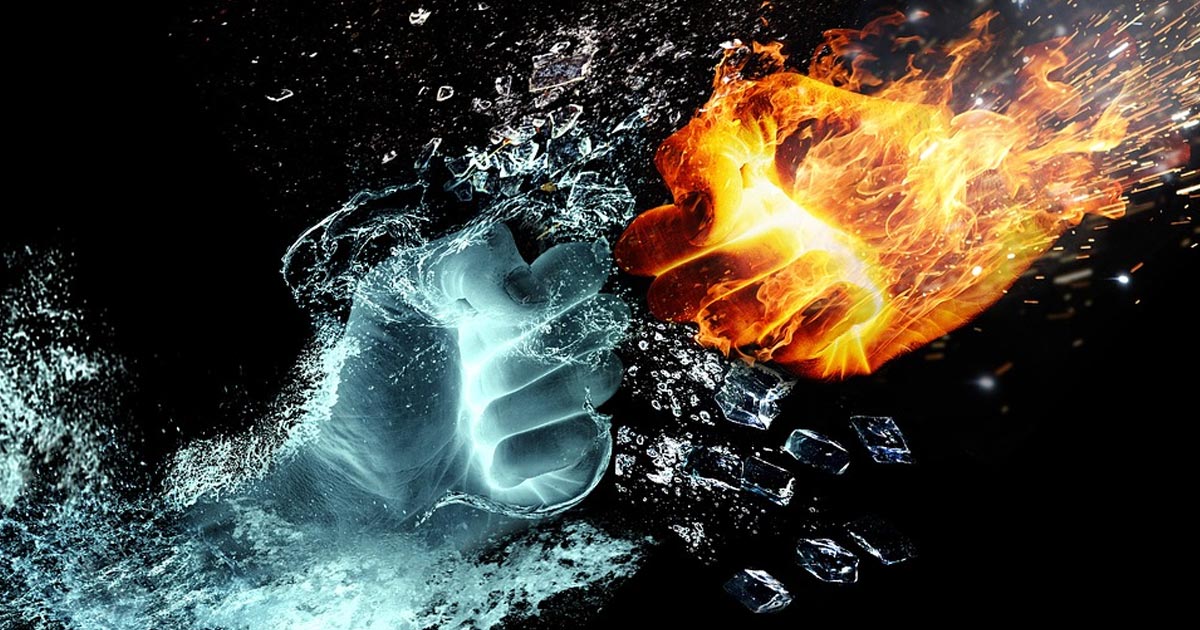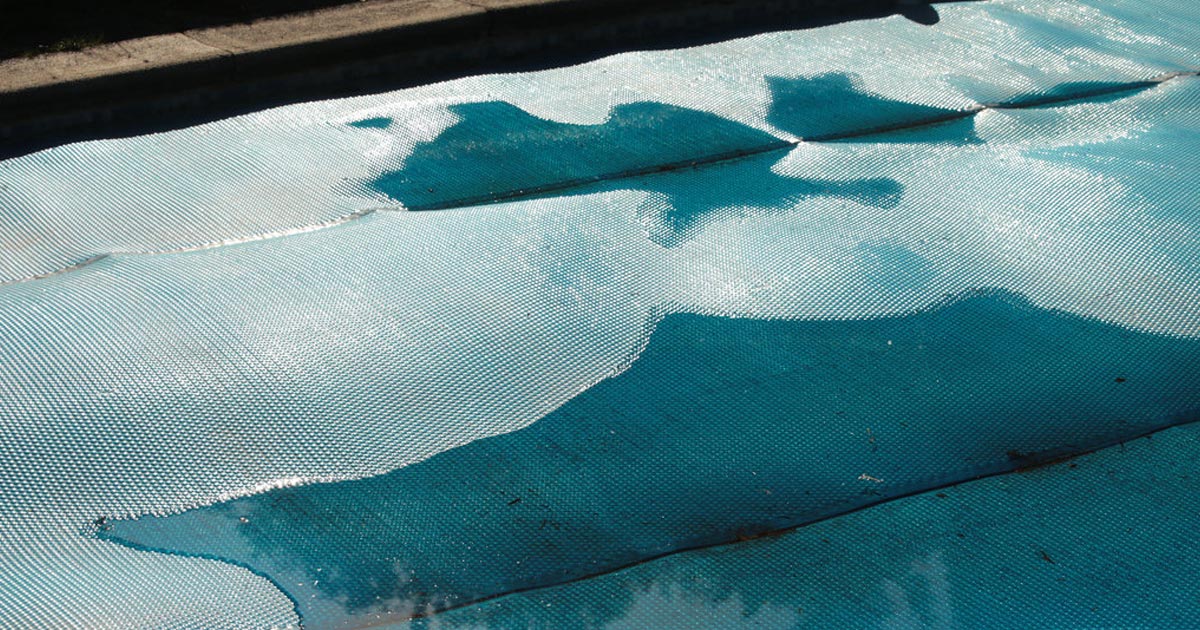The Wonders of pH

There are many things that must be maintained when owning a pool and maintaining the water, and its levels, are a major item to address. There are several levels to maintain (alkalinity, pH, calcium hardness, cyanuric acid, and chlorine) but one of the most important to monitor is the pH level. The level of your pool’s pH is linked to swimmer comfort, effectiveness of chlorine, and equipment longevity and maintenance. We hope the answers to these questions regarding pH help you in your pool adventures!
What is pH? The pH level is essentially the concentration of hydrogen ions in your water, or potential hydrogen (pH). Without getting all scientific, the optimal level of pH is 7, and at that level the number of hydrogen ions is equal to the hydroxide ions. pH levels range from basic to acidic with a level of 0 to 14, 0 representing alkaline, or basic water, and 14 representing acidic water. In relation to pool water, you want slightly alkaline water with a pH level of 7.4 to 7.6. (Did you know? The pH level of your eye is about 7.2 to 7.4!)
What happens if your pool’s pH is too low or too high? Other than irritating the eyes of your swimmers, a low pH level can make the water aggressive and eventually damage the equipment, mechanical components, and pool liner. If your pH is too high, it can result in low effectiveness of your chlorine, cause skin irritation and cloudiness of the water.
What will affect your pool’s pH? When you add chlorine, liquid or granular, it is going to affect your pH levels by raising it. An increase in water temperature can also increase your pH levels. Being aware of what is going to affect your pool’s pH levels is helpful when trying to maintain the level of 7.4 to 7.6.
What do you do to adjust your pool’s pH? If it’s too low, you want to raise it by adding soda ash (sodium carbonate), or BioGuard’s Balance Pak 200. If it’s above the range of 7.4-7.6, you can lower the pH by adding liquid muriatic acid. The general rule of muriatic acid is, about 1/10 of a gallon, or 12 ounces, of muriatic acid will lower 10,000 gallons of water by 0.2. A dry acid alternative is a granular pH decreaser like, BioGuard’s Lo ‘n Slo.
Watch Dolphin Pool & Spa’s YouTube video on pH here:



